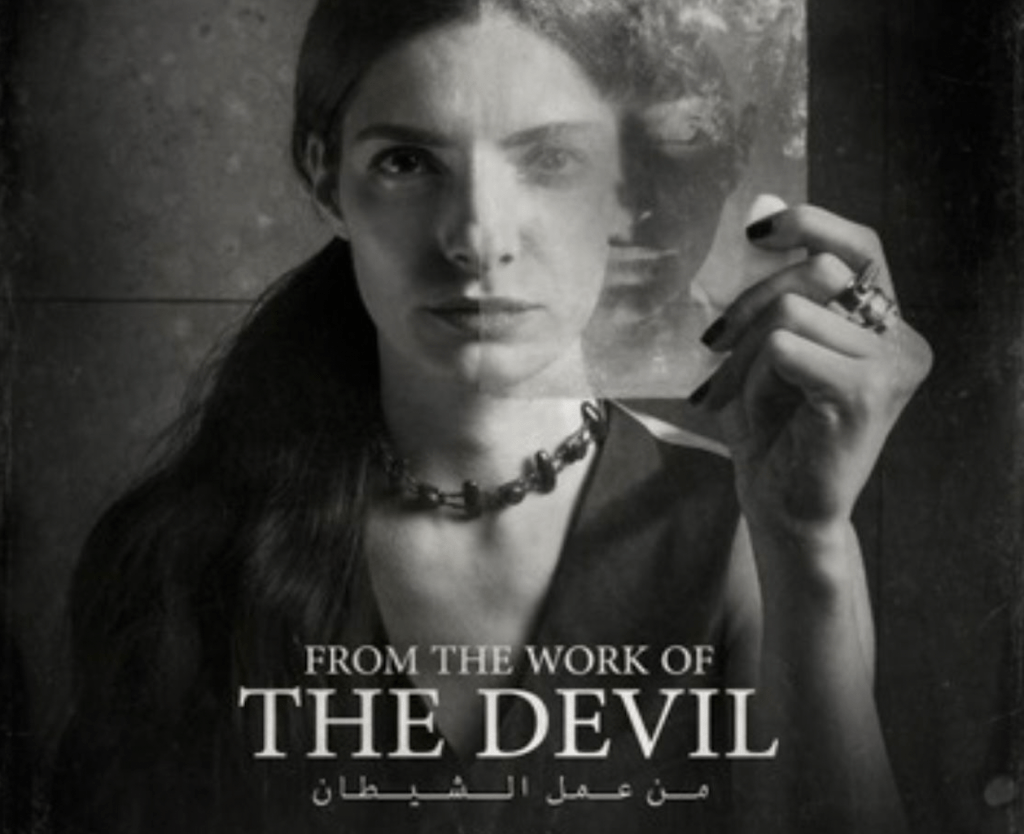With the 44th edition of the Cairo International Film Festival coming up in November, nominations have began trickling in as we get a glimpse of some of the exciting cinematic work done over the last year. Nominated for the Short Film Competition, ‘From the Work of the Devil’ is directed by, written by, and even starring Egyptian–Armenian Dessil Mekhtigian. As a relative newcomer on the scene, being nominated for the award, Dessil has turned many heads. So, we thought we’d sit down with Dessil Mekhtigian to find out more about ‘From the Work of the Devil’ and the themes she has been trying to explore through cinema.
As one of six Egyptian-made films nominated in this year’s film festival, Dessil Mekhtigian’s ‘From the Work of the Devil’ tells the tale of an Armenian-Egyptian woman returning to Egypt to organise an exhibition on the history of Armenian photographers in Egypt. As she prepares for the show; looking through pictures of the past she finds herself drawn in by her family, her past and the city of Cairo.
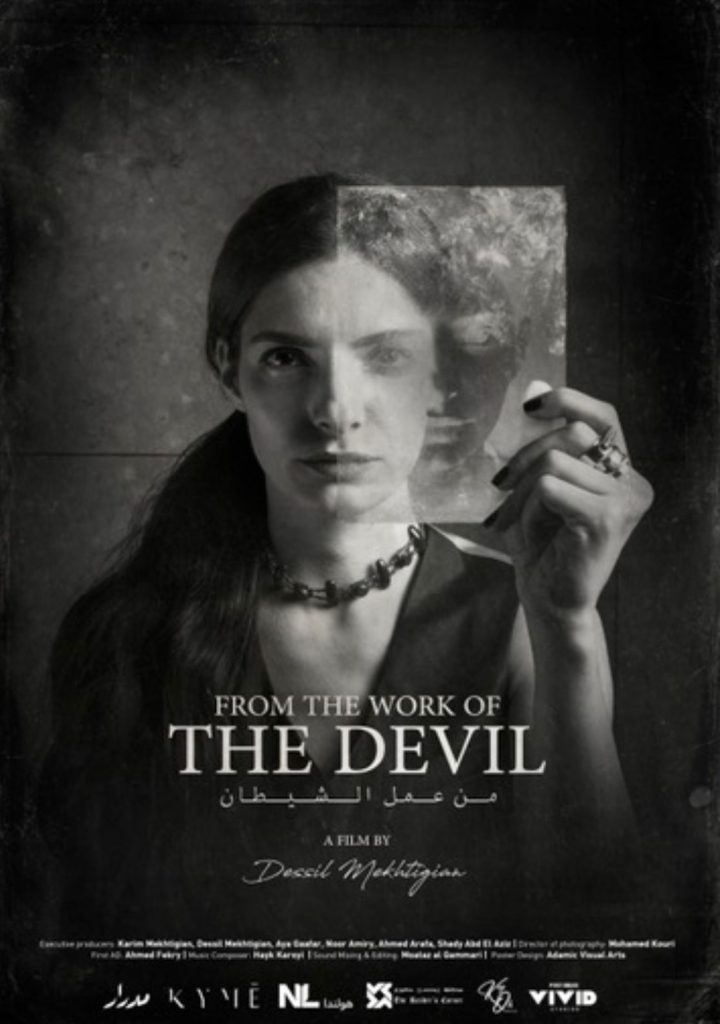
How does it feel for your film ‘From the Work of the Devil’ to be nominated for the Short Film Competition in the 44th edition of the Cairo International Film Festival?
It’s very exciting. I’m happy to finally share the film, because we’ve been working on it for a very long time. There were many obstacles so the fact that we managed and are now able to show the film at such a prestigious ceremony is an honour for us.
Can you tell us a little about the short film?
I can say a bit, but won’t give it all away. It’s about a young Armenian Egyptian woman who goes back to Cairo after being gone for ten years to organise an exhibition on pioneering Armenian photographs who archived Egypt through time. The story delves into her return back to her country, the Armenian community and her traditional family. The idea started when I was researching Armenian photographers in Egypt and came across a wealth of black and white photographs captured by these Armenian Egyptian photographs who had such an impact on depicting the rich history of Egypt.
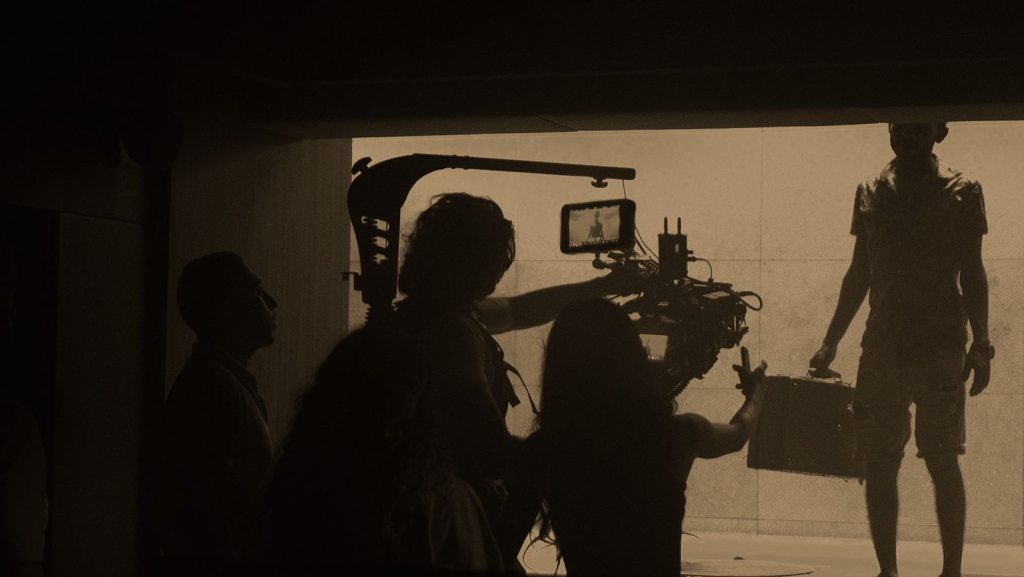
What’s the meaning behind the title of the film ‘From the Work of the Devil’?
I don’t want to give away too much, but the title references a very interesting story that showcases how photography was viewed at a certain time in Egypt.
Is there a particular overarching message that you are trying to get across with the film?
The film tackles the issue of both identity and belonging, which is a relatable topic to many of us. The story follows this young woman struggling to find home; where home means a place she feels that she belongs. There are many elements regarding her identity she is struggling with, tradition versus the new generation and her trying to find her place. What is my purpose? How do I keep the heritage going? Or how do you keep the lineage and culture of Armenians alive? So, for example, for her mother it is by going to the Armenian club and marrying an Armenian man, and for her it is by speaking about and spreading the word on what the cultural history is of Armenians.
However, I don’t just want to talk about Armenians in my film, but I do want to develop the question of identity, the idea of home, and being from different cultures and places. These are themes that are important to me. I want to explore and go deeper with these in the future. You can talk about one community inside a certain country, but people are going through the same thing all over the world.
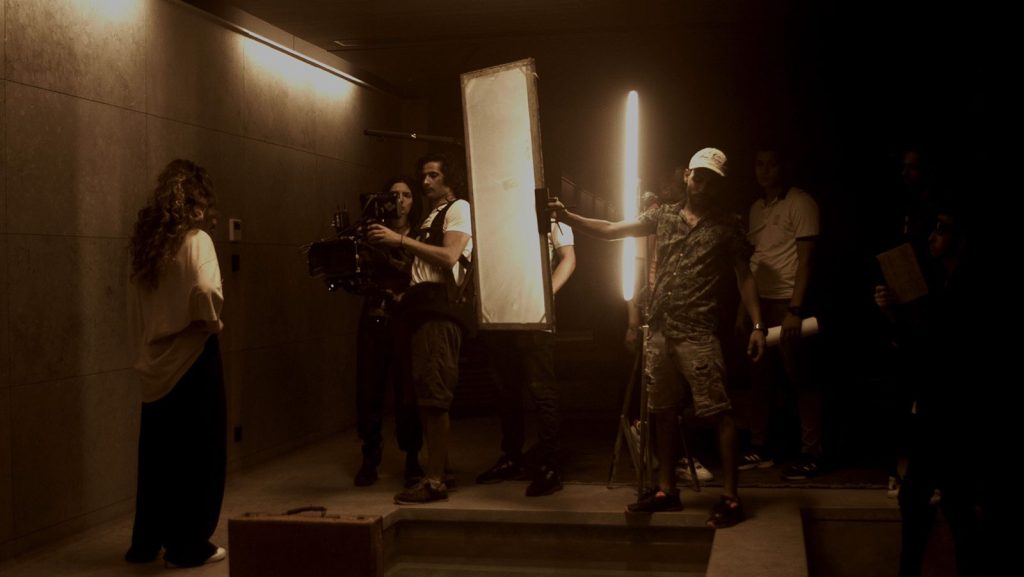
As someone who is also Armenian and Egyptian and whose life is between Cairo and a city abroad, is the film in any way autobiographical?
I do relate to the character as I am struggling to find my place between being Armenian and Egyptian but also French, that being said the film is pure fiction. So it is more about relating to the character rather than being her.
Am I right in thinking that you wrote the film, directed it, and also star as the main character?
Yes. For the writing it all started during a research project that lasted around a year, and there was a whole process to how I developed the film through a workshop with Medrar to figure out where I was going. Put in mind I was tight on budget and time so casting myself was a way to ensure the movie would be done as to how it was envisioned, I didn’t want to put the characters through the process that only I was so involved with. We didn’t know how long the actual shoot would last, and it actually took us a year to shoot, in three chunks, and the actors were getting tired. So, casting me as the main character was the smartest decision I made, because when you are shooting 16 hours a day with a low budget it gets exhausting. It was challenging, and if I were to do it again, I would, but give myself more time and not have such a tight schedule.
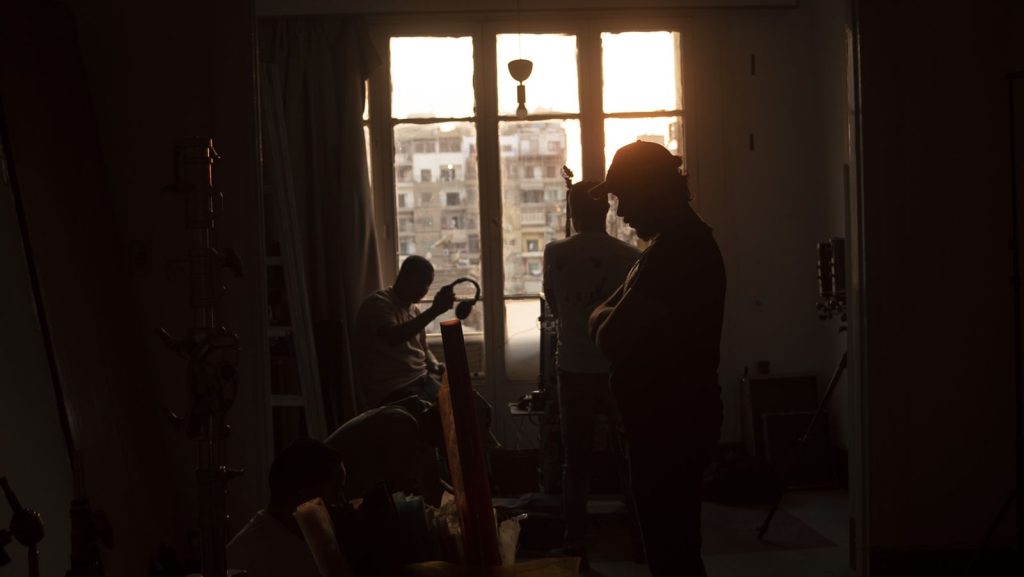
What attracted you to focus on the Armenian community, and in particular on the history of Armenian photography studios in Cairo?
I come from a very Armenian Egyptian background, I grew up in the Armenian community of Egypt going to the Armenian Club, basketball team, dance. It’s really part of my culture, but at film school, the projects I was working on never had anything to do with Armenians necessarily. Then there was the war in Armenia in 2020 which was a trigger for me that I need to look at what’s important.
I knew that Armenian photographers did some work in Egypt, but I didn’t know how much. Also, I grew up with a lot of old black and white family pictures at home, I mean we have suitcases of pictures, so much material with so many great stories. So, it was something for me that I had to start at some point, because it had been at the back of my mind for a very long time. I’m not a photographer, but I love photography, it always fascinated me.
Can you tell us a little about yourself and what attracted to you the medium of cinema and led you to start a career as a filmmaker?
I grew up in Egypt and then went to Paris to work and study in costume design for five years, directing came after that. I went into film school and it’s been another five years. I’m really passionate about films and cinema, but it’s a long process. After five years, this is my first project that I feel is for me the most complete work I’ve done. I’ve done a few short films in the past, but now I consider them as exercises, honestly.
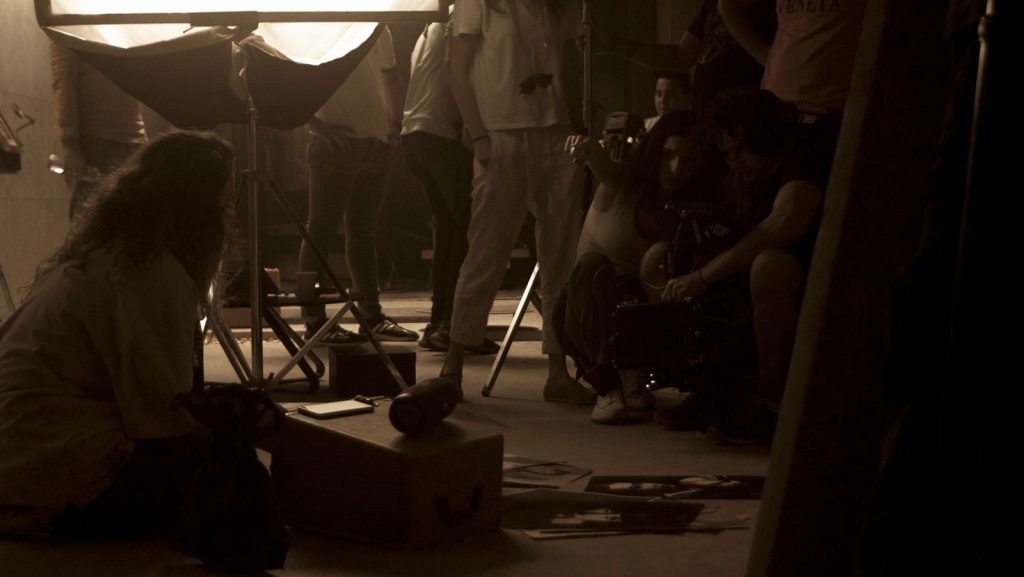
Would you like to do a full-length feature film, or is there something in particular about short films that appeals to you?
Not at all, I can’t wait to do feature films. The short film format doesn’t handicap me, but can be limiting. There’s so much more I still have to say.
And finally, what are you most looking forward to at the Cairo International Film Festival?
The fact that we will be able to show the film for the first time back home at a big festival like this and discovering all the other film in competition!
WE SAID THIS: Don’t Miss… Moving Between Theatre, TV, And Film And Egypt, UK, And America: The Many Hats Of Rosaline Elbay


